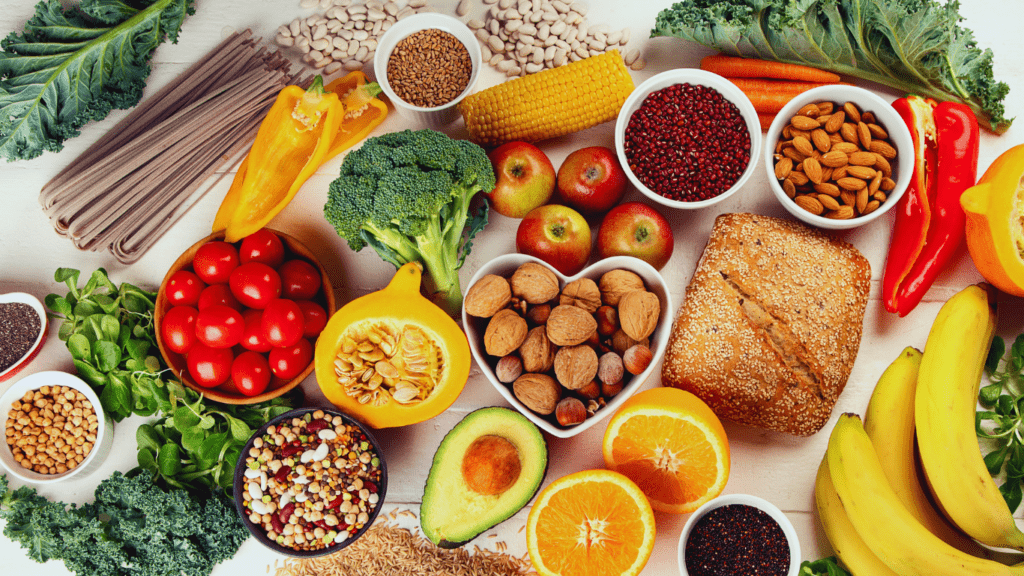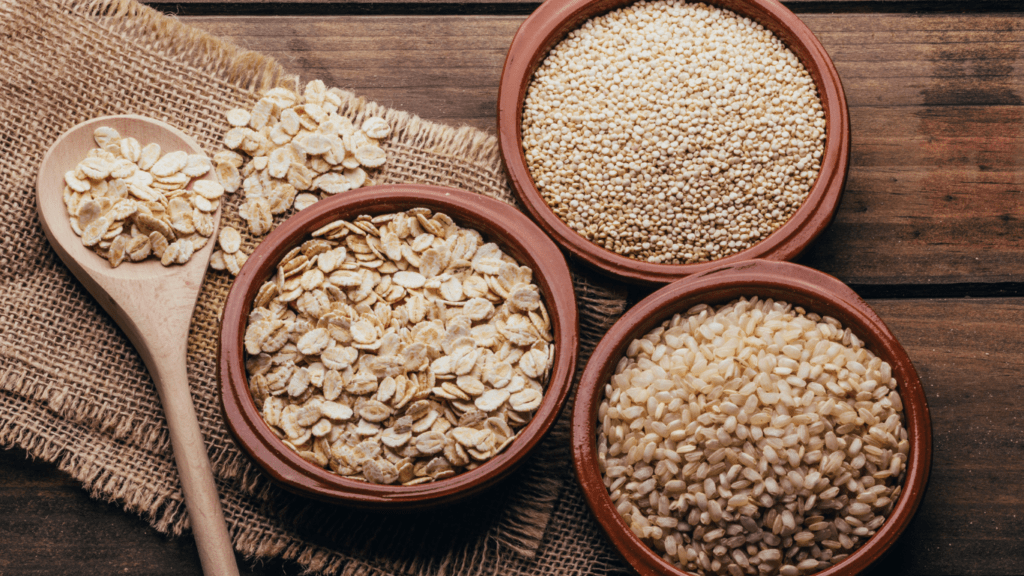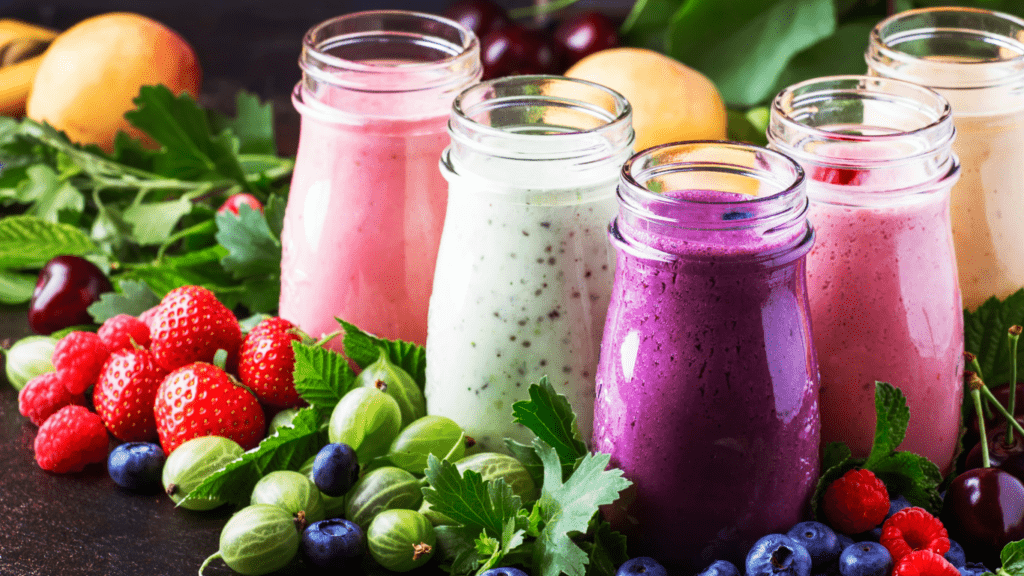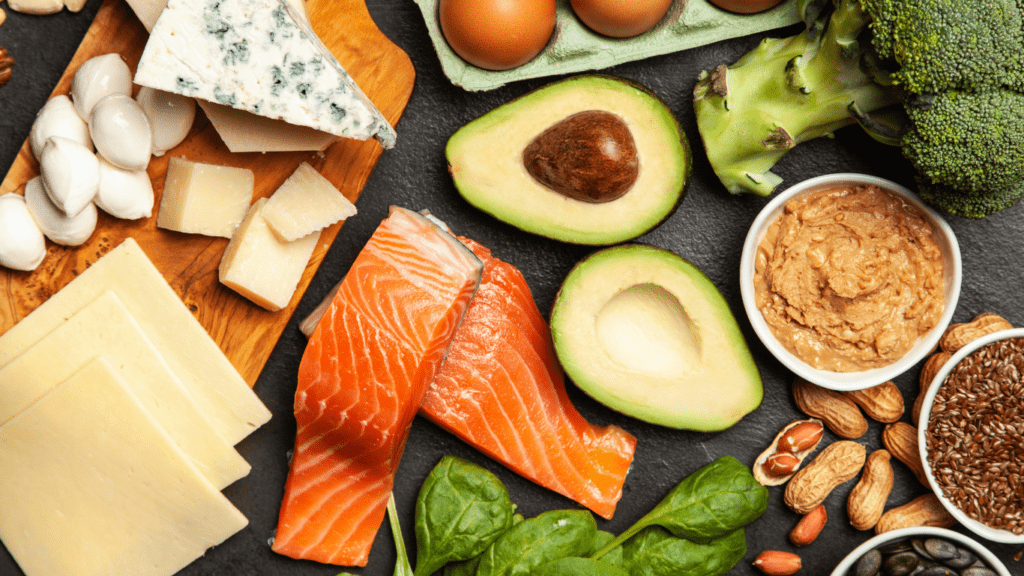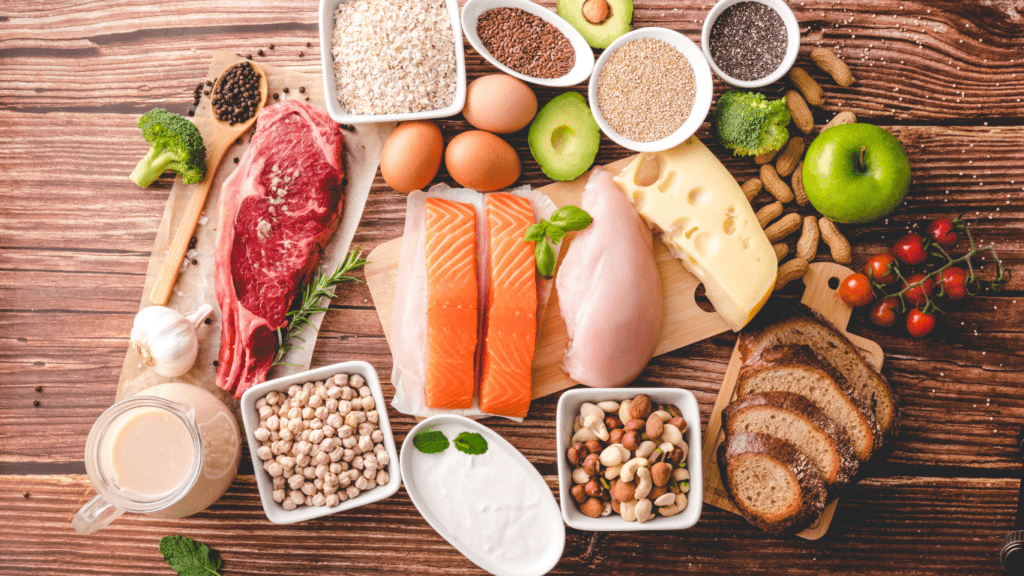Importance Of Recovery For Athletes
Recovery influences performance by allowing muscles to repair and grow stronger. After intense workouts, the body undergoes stress that needs proper attention to bounce back effectively. Ignoring recovery slows progress and increases the risk of injuries.
Adequate recovery reduces inflammation and restores energy levels. It boosts the immune system, which can weaken after prolonged physical strain. For example, prioritizing post-workout recovery helps athletes sustain consistent training without setbacks.
Sleep, hydration, and nutrition form the core of any recovery strategy. Plant-based foods, rich in antioxidants and anti-inflammatory compounds, support faster muscle repair. For instance, foods like spinach, almonds, and chia seeds deliver essential nutrients that aid in these processes.
Focusing on recovery ensures long-term athletic resilience and improved overall performance. Strength and stamina hinge on proper recovery routines tailored to individual training intensities.
Key Nutrients Needed For Athletic Recovery
Effective athletic recovery relies on specific nutrients that support muscle repair, energy restoration, and overall healing. Plant-based options provide these key nutrients while minimizing inflammatory responses.
Protein For Muscle Repair
Proteins are critical for repairing and rebuilding muscle tissues. Plant-based sources like:
- lentils
- tofu
- seitan
- chickpeas
offer high-quality protein and essential amino acids like leucine, which stimulates muscle protein synthesis. Combining complementary proteins, such as rice and beans, provides a complete amino acid profile for enhanced recovery.
Carbohydrates For Energy Replenishment
Carbohydrates replenish glycogen stores depleted during intense workouts. Foods like quinoa, sweet potatoes, oats, and bananas deliver complex carbs and natural sugars, ensuring steady energy recovery. Including at least 3-5 grams of carbohydrates per kilogram of body weight supports optimal recovery after prolonged physical activity.
Healthy Fats For Inflammation Control
Healthy fats reduce inflammation and promote joint health. Avocados, walnuts, flaxseeds, and chia seeds provide omega-3 fatty acids, which combat exercise-induced inflammation. These fats also aid in nutrient absorption, ensuring the body benefits fully from vitamins and minerals in a plant-based diet.
Vitamins And Minerals For Overall Recovery
Vitamins and minerals facilitate enzymatic functions and tissue repair. Vitamin C, found in citrus fruits and bell peppers, supports collagen formation, while iron from spinach or lentils restores oxygen transport in the blood. Magnesium from almonds and pumpkin seeds aids muscle relaxation, while zinc supports immune function after hard training sessions.
The Best Plant-Based Protein Sources
Plant-based protein sources are essential for muscle repair and recovery. They offer a wide range of nutrients to support athletic performance while promoting overall health.
Legumes: Lentils, Chickpeas, And Beans
Legumes provide high-quality protein and are rich in essential amino acids. Lentils contain about 18 grams of protein per cooked cup and are also high in iron and fiber, supporting oxygen transport and digestion. Chickpeas provide 15 grams of protein per cooked cup and are versatile for meals like salads and stews. Black beans and kidney beans, each offering roughly 15 grams of protein per cup, are packed with antioxidants that reduce inflammation.
Nuts And Seeds: Almonds, Chia Seeds, And Hemp Seeds
Nuts and seeds deliver protein alongside healthy fats and micronutrients. Almonds offer 6 grams of protein per ounce and are an excellent source of vitamin E, aiding in cell repair. Chia seeds contain 5 grams of protein per ounce, along with omega-3 fatty acids and calcium to reduce inflammation and strengthen bones. Hemp seeds, with 10 grams of protein per 3 tablespoons, provide a complete protein profile, making them ideal for post-workout recovery.
Tofu And Tempeh
Tofu and tempeh are soy-based proteins with all nine essential amino acids. A 3.5-ounce serving of tofu delivers 8 grams of protein, calcium, and magnesium, which support bone strength and muscle contraction. Tempeh, offering 19 grams of protein per 3.5-ounce serving, is fermented, improving digestibility and gut health. Both are versatile, fitting seamlessly into stir-fries, sandwiches, and wraps.
Plant-Based Protein Powders
Plant-based protein powders, such as those made from peas, rice, or pumpkin seeds, are quick and effective options for recovery. Pea protein contains 20 grams of protein per serving and is high in branched-chain amino acids (BCAAs) that repair muscle tissue. Brown rice protein provides around 24 grams per scoop and is gentle on digestion. Blended powders often combine multiple sources to create a complete amino acid profile, further enhancing recovery benefits.
Carbohydrate-Rich Plant Foods For Recovery

Carbohydrates are essential for replenishing glycogen stores after workouts. I focus on plant-based options rich in complex carbs, which provide sustained energy and aid recovery.
Quinoa And Brown Rice
Quinoa and brown rice are excellent post-workout carbohydrate sources. Quinoa offers 39 grams of carbs per cup along with protein and essential amino acids, making it a complete recovery option. Brown rice contains about 45 grams of carbs per cup and delivers magnesium and B vitamins, which support muscle repair and energy metabolism. I often pair them with vegetables or legumes for a balanced recovery meal.
Sweet Potatoes And Oats
Sweet potatoes and oats are nutrient-dense carb sources. Sweet potatoes deliver around 26 grams of carbs and are packed with potassium and vitamin A, both of which help reduce inflammation and restore electrolytes. Oats, with 27 grams of carbs per half-cup, are rich in beta-glucan, a fiber that promotes sustained energy release. I enjoy prepping sweet potato mash or overnight oats to keep my recovery meals quick and effective.
Fruits: Bananas, Berries, And Oranges
Fruits like bananas, berries, and oranges are ideal for recovery snacks. Bananas provide 27 grams of carbs and potassium, replenishing energy and lost electrolytes. Berries—such as blueberries, strawberries, and raspberries—are loaded with antioxidants that combat exercise-induced oxidative stress. Oranges offer 15 grams of carbs and a significant boost of vitamin C, which supports collagen synthesis and helps repair connective tissues. I regularly include these fruits in smoothies or as standalone snacks to accelerate recovery.
Healthy Fats From Plant-Based Foods
Healthy fats play a key role in athletic recovery by reducing inflammation and improving joint health. Plant-based sources of fats provide essential nutrients that support muscle repair and overall recovery.
Avocados And Olive Oil
Avocados and olive oil are excellent sources of monounsaturated fats, which help combat inflammation after intense workouts. I include avocados in meals for their potassium and vitamin E, which support muscle function and repair. Olive oil, especially extra virgin varieties, contains powerful antioxidants like polyphenols that promote heart and joint health. Adding olive oil to salads or cooked vegetables provides both flavor and recovery benefits.
Flaxseeds And Walnuts
Flaxseeds and walnuts provide omega-3 fatty acids, which are crucial for reducing post-exercise inflammation. Flaxseeds contain alpha-linolenic acid (ALA), a plant-based omega-3 that supports tissue repair. I often add ground flaxseeds to smoothies or oatmeal for an easy nutritional boost. Walnuts, rich in ALA and magnesium, help regulate muscle contractions and prevent cramps. They make a quick and nutrient-packed snack option for recovery on the go.
Antioxidant-Rich Foods For Recovery
Antioxidants protect cells from oxidative stress caused by intense workouts, accelerating recovery and reducing inflammation. Including antioxidant-rich foods in meals aids muscle repair and promotes overall recovery efficiency.
Leafy Greens Like Spinach And Kale
Spinach and kale provide high levels of vitamin C, beta-carotene, and polyphenols that combat free radicals generated during exercise. These nutrients actively reduce muscle inflammation and improve immune function. Spinach adds versatility to meals, whether in salads, smoothies, or stir-fries, while kale pairs well with grains and legumes for nutrient-dense recovery dishes.
Dark Chocolate And Green Tea
Dark chocolate with at least 70% cocoa offers flavonoids that lower oxidative stress and inflammation post-exercise. Green tea, rich in catechins, promotes faster muscle recovery and supports hydration. A small piece of dark chocolate or a cup of freshly brewed green tea serves as an effective post-workout snack, enhancing antioxidant intake without adding excessive calories.
Brightly Colored Fruits And Vegetables
Fruits like blueberries, oranges, and cherries deliver a mix of anthocyanins, vitamin C, and other potent antioxidants that improve recovery outcomes. Vegetables like carrots, bell peppers, and beets contribute additional nutrients to anti-inflammatory processes. I incorporate them in smoothies, snack mixes, or side dishes to ensure diverse antioxidant sources in my recovery plan.
Tips For Incorporating Plant-Based Foods Into Your Recovery Routine
- Plan meals around nutrient-dense staples. I center my meals on staples like quinoa, lentils, and sweet potatoes to ensure a balance of proteins, carbohydrates, and healthy fats, all essential for recovery.
- Use variety to meet nutritional needs. I include a wide range of vegetables, fruits, nuts, seeds, and legumes like spinach, berries, almonds, and chia seeds to cover all key recovery nutrients like vitamins, antioxidants, and amino acids.
- Prepare post-workout snacks in advance. My go-to recovery snacks include smoothies with pea protein powder, bananas, and spinach, or energy bars made from dates, oats, and hemp seeds for quick energy and muscle support.
- Time your nutrient intake strategically. I eat a carbohydrate and protein-rich meal, such as brown rice and tofu, within 60 minutes after my workout to maximize glycogen replenishment and muscle repair.
- Incorporate healthy fats daily. I add avocado slices, olive oil, flaxseeds, or walnuts to my meals to reduce inflammation and keep my joints healthy, supporting faster recovery and sustained athletic performance.
- Stay hydrated with nutrient-rich fluids. My hydration routine includes water, coconut water, or green tea to restore electrolytes and deliver recovery-enhancing antioxidants.
- Experiment with recovery-specific recipes. I rotate recipes like chickpea salads, baked sweet potato bowls, or quinoa-stuffed peppers to keep meal prep engaging and nutritionally rewarding.
